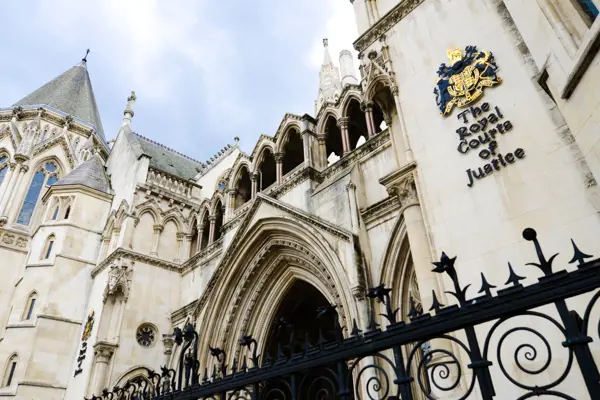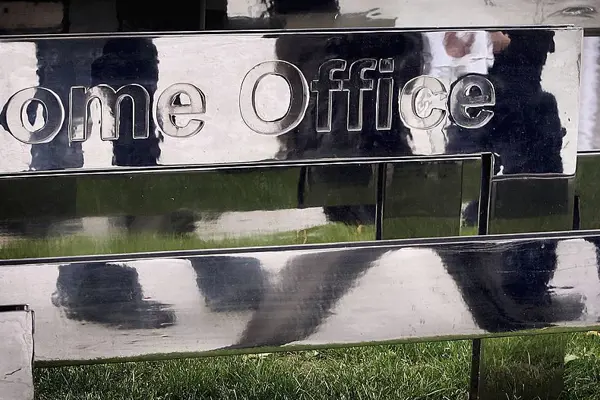Successful claim for prisoner denied access to medical treatment
The prison law team is acting for a prisoner who suffers from chronic plaque psoriasis
Posted on 23 April 2014
A prisoner has successfully challenged a decision by a prison to deny him access to effective medical treatment.
The man, known as Mr X, suffers from a skin condition called chronic plaque psoriasis. The condition causes lesions on the skin, which become itchy and sore and then crack and bleed. It is a condition that can only be controlled rather than cured.
The most effective treatment for this condition is a course of ultraviolet B light (“UVB”) treatment. A course of UVB treatment consists of standing in an upright light box twice a week for six weeks. The UVB light used for this treatment is significantly stronger than that in a normal sunbed and, therefore, for health and safety reasons, this treatment can only be provided in hospital.
However, following his imprisonment at HMP Frankland in April 2011, a high security prison in Durham, Mr X’s condition worsened. He saw four different dermatologists who all recommended that he undergo a further course of UVB treatment at a local hospital. However, on each occasion, the prison blocked the referral.
The reason given by the prison for denying Mr X access to this medical treatment was that he posed too high a security risk to be taken to hospital and receive this treatment. However, the exact nature of this security risk remained undisclosed.
Mr X tried for two years to get access to the UVB treatment through the prison’s internal complaints procedure. However, these efforts were unsuccessful, and, in the absence of the treatment, Mr X’s condition continued to worsen, causing him pain, discomfort, stress and anxiety.
Mr X approached the prison law team at law firm Leigh Day, who, in April 2013, brought a judicial review claim against the Secretary of State for Justice challenging the decision of the prison to deny him access to the UVB treatment.
The basis of the challenge was that the Secretary of State has a public law duty to provide prisoners with the same range and quality of healthcare services that the public receives from the NHS. However, it was argued that, in Mr X’s case, if he had been in the community, he would have had access to the UVB treatment, and, therefore, the decision to deny him access to it in prison was unlawful.
Shortly after the commencement of proceedings, the Secretary of State agreed to facilitate Mr X’s access to UVB treatment and this treatment is now successfully complete. As such, Mr X’s judicial review claim has now been withdrawn, with the Secretary of State having agreed to pay his legal costs.
In commenting on the settlement, Benjamin Burrows, the lawyer who acted for Mr X, said:
“The requirement that prisoners are able to access the same range and quality of healthcare services whilst in prison as they would have access to if they were in the community is well-established both in law and policy.
“Therefore, attempts by prisons to deny prisoners access to these services on the basis of ill-defined risks to security will be open to challenge.
“The answer to the question of security should not simply be to deny access to medical treatment. Rather, it should be how can any such risk be mitigated so that legal and policy obligations are complied with. Regrettably, in Mr X’s case, the prison failed to even ask this question, let alone answer it.”
Mr X was represented in his claim by barrister, Adam Sandell of Matrix Chambers, a recognised expert in public and prison law matters.
Please contact Benjamin Burrows for further details.

